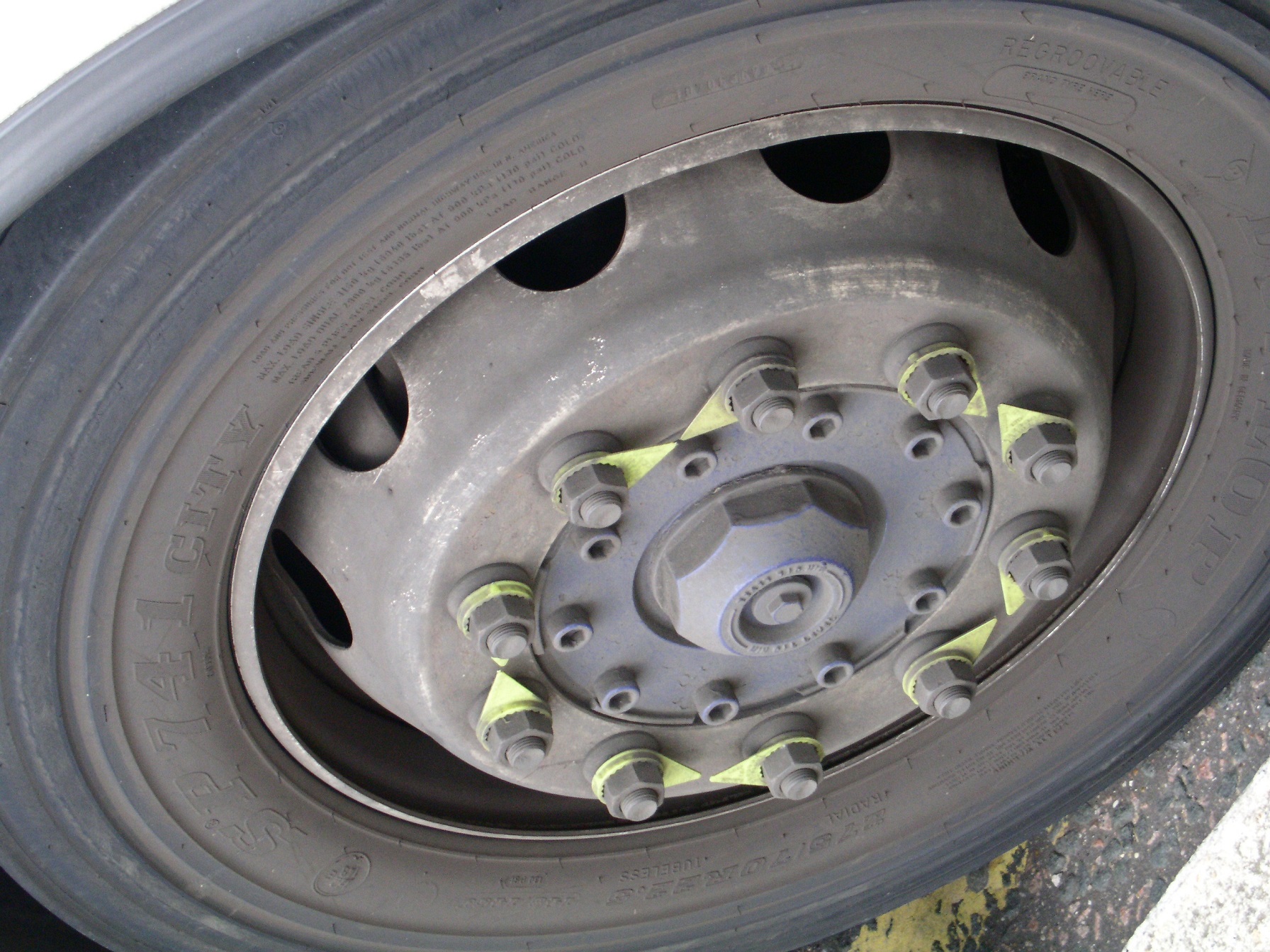The condition of tyres remains the most common PSV prohibition defect on those inspected by DVSA at the roadside and at operators’ premises, data published by the Agency has shown.
Under the most recent figures, which cover July to September 2022, 1,027 PSVs registered in Great Britain and 14 registered elsewhere were subject to mechanical checks by DVSA. Of those, 137 and two attracted mechanical prohibitions, respectively.
As a percentage of the PSVs inspected, 3.66% had tyre condition prohibition defects. Tyres have consistently been the greatest single reason for a prohibition to be issued in the PSV sector since the period January to March 2021.
In the most recent figures, the three most common prohibition defects found on PSVs were completed by brake systems and components (2.02%) and seat belts and supplementary restraint systems (1.54%).
Doors fell to sixth place (1.25%), although DVSA in late 2022 mounted a campaign urging operators to ensure that checks of emergency doors are correctly carried out by drivers. Accessibility features have not featured in the top 10 list of reasons for defect-based prohibitions since the July to September 2021 period.
Between July and September 2022, 13 prohibitions for hours offences were issued to drivers of PSVs registered in Great Britain and none for those registered elsewhere. Tachograph and records offences were the most common category reported for prosecution over the same period, at 12 instances.



























